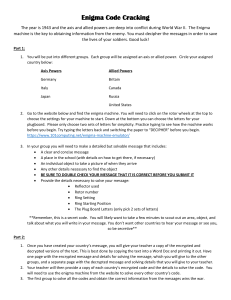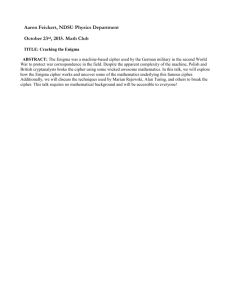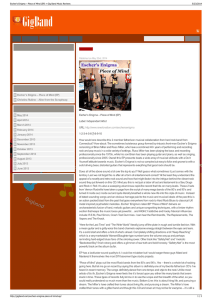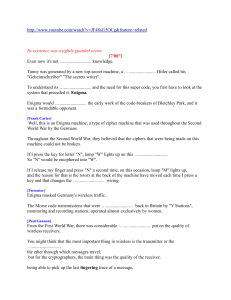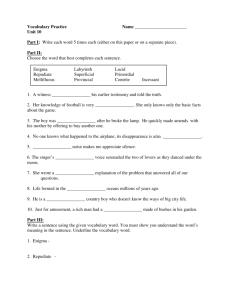Intro to Economic Principles
advertisement
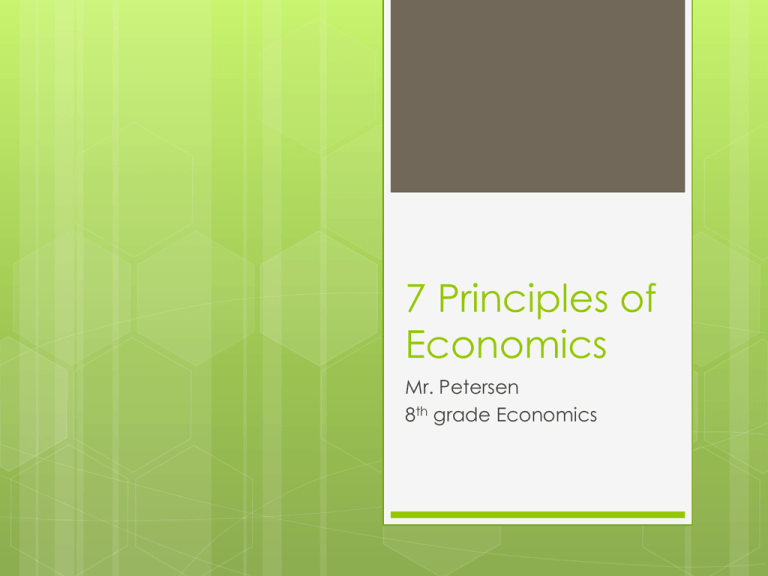
7 Principles of Economics Mr. Petersen 8th grade Economics Preview 1. Respond to each question. If you could choose between two nearly identical products—one that is free and one that you have to pay for—which would you choose? Why? 2. If you were opening a new business, would you select a location closer to or farther away from a business that sold a similar or even identical product? Why? 3. If you could make a small change in your daily routine that would save you time and money, would you make the change? Why or why not? What is an economic principle? Factors that help explain what may cause, or may happen, in any economic circumstance. #1: The cost of something is what you give up to get it Cost-benefit analysis What types of costs are there? Weigh the pros and cons of a purchase Opportunity Cost: whatever must be given up in order to obtain some item #2: People face tradeoffs Is there such thing as a “free lunch”? To get something, we have to give up something else. Scarcity of an item drives trade off to occur Question: How will you spend your weekend? “Guns vs Butter” #3 Think at the ‘margin’ When people make decisions, they compare the costs and benefits of a “little bit more or a little bit less of something” Marginal Benefit (MB): the extra benefit received from a small increase in the consumption of a good or service Marginal Cost (MC): the increase or decrease in costs as a result in one more or one less unit of output #4: Incentives matter Incentive: something positive or negative that influences a person to act People respond to incentives in predictable ways If the interest rate on borrowing money goes down, more people will borrow money When the price of a stock drops, more people will sell their stock Example: Seat belt laws #5: Trade makes people better off People gain from their ability to trade with one another. Not a win-lose scenario, but win-win Stimulates competition and choice. Trade allows people to specialize in what they do best. #6: Market Coordinates Trade Market Economy: an economic system where prices are determined and resources are allocated through decisions of many firms and household Firm: Any produce of a good or service Government regulation can upset the balance #7: Future consequences count Decisions made today will effect you later Short-term and Long-term effect Bullying example Road trip Economic Enigmas Enigma: a puzzle that seems to defy common sense Can you answer these puzzles with economic principles? Enigma #1 Why do economy seats on airplanes cost different amounts? Enigma #2 Why do people pay more for name-brand produces when there are generic brands of the same product available for less? Enigma #3 Why do police officers get paid so much less than professional baseball players? Enigma #4 Why does a five-day Disneyland pass cost only 2.5 times what a one-day pass cost? In conclusion… Economic principles help us to understand the reasoning behind our decision making.

